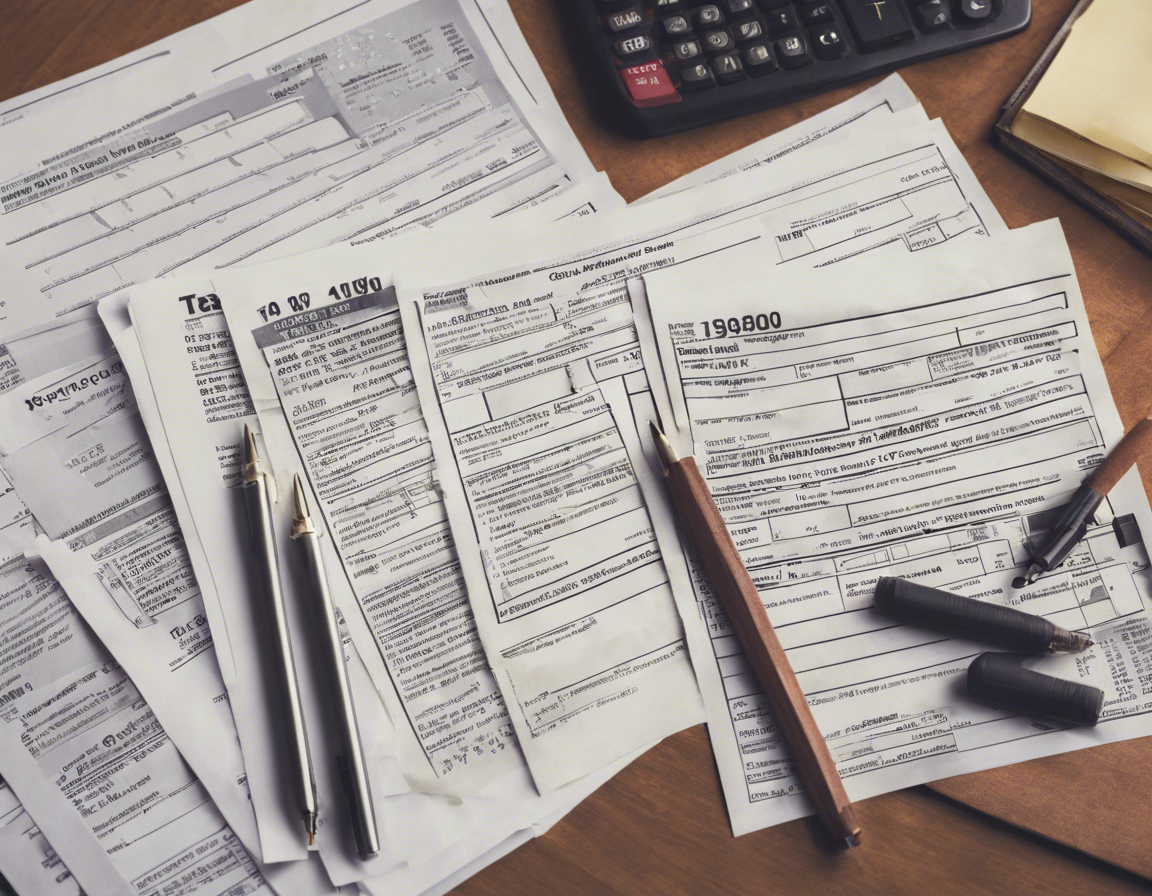When it comes to real estate, one crucial aspect that property owners must stay updated on is tax assessment. Tax assessment involves the valuation of a property for tax purposes, which ultimately determines how much tax a property owner will have to pay. Understanding tax assessment is essential for homeowners, real estate investors, and anyone involved in property transactions. In this comprehensive guide, we will delve into the latest updates and information regarding tax assessment in real estate.
What is Tax Assessment?
Tax assessment is the process of determining the value of a property for taxation purposes. Local government authorities, such as municipalities or counties, typically conduct property assessments to calculate property taxes. The assessed value of a property serves as the basis for determining the amount of tax that the property owner is required to pay.
Factors Influencing Tax Assessment
Several factors can influence the tax assessment of a property. These may include:
1. Location
The location of a property plays a significant role in its assessment. Properties located in desirable neighborhoods or areas with high property values are likely to have higher assessments.
2. Size and Features
The size of a property, as well as its features and amenities, can affect its assessment. Larger properties or those with special features such as swimming pools or extensive landscaping may have higher assessments.
3. Comparable Properties
Assessors often compare the property in question to similar properties in the area to determine its value. Comparable sales data and market trends are essential in this process.
4. Property Improvements
Any improvements made to a property, such as renovations or additions, can impact its assessment. These improvements can increase the value of the property and result in a higher tax assessment.
Latest Updates in Tax Assessment
1. Automated Valuation Models (AVMs)
Some jurisdictions are now utilizing Automated Valuation Models (AVMs) to assess property values. AVMs use algorithms and data analytics to estimate property values quickly and efficiently.
2. Online Assessment Tools
Many local government authorities now offer online assessment tools that allow property owners to access property information, view assessments, and file assessment appeals online.
3. Assessment Notices
Property owners receive assessment notices periodically, informing them of any changes in the assessed value of their property. It is crucial for property owners to review these notices carefully and raise any concerns or discrepancies promptly.
Challenging Tax Assessment
Property owners have the right to challenge their tax assessments if they believe that the assessed value is inaccurate. The following steps can be taken to challenge a tax assessment:
1. Review Assessment Records
Property owners should review their assessment records and ensure that all information is accurate. Any discrepancies should be addressed with the assessor’s office.
2. Gather Evidence
Property owners can gather evidence to support their challenge, such as recent comparable sales data, property appraisals, or documentation of property defects.
3. File an Appeal
Property owners can file an appeal with the local assessment appeals board or review board. It is essential to follow the proper procedures and deadlines when filing an appeal.
FAQs (Frequently Asked Questions)
Q1. What is the difference between assessed value and market value?
A: The assessed value is the value assigned to a property for tax purposes, while the market value is the price at which a property would sell in a competitive market.
Q2. How often do assessments occur?
A: Assessments typically occur annually, but the frequency may vary depending on the jurisdiction.
Q3. Can I appeal my tax assessment if I disagree with it?
A: Yes, property owners have the right to appeal their tax assessments if they believe the assessed value is incorrect.
Q4. How can I find out the assessed value of my property?
A: The assessed value of a property can usually be found on the local assessor’s website or by contacting the assessor’s office.
Q5. Will making improvements to my property increase my tax assessment?
A: Yes, property improvements can increase the assessed value of a property, leading to a higher tax assessment.
In conclusion, staying informed about tax assessment in real estate is crucial for property owners to ensure they are paying the correct amount of taxes. By understanding the factors that influence tax assessment, staying updated on the latest assessment trends, and knowing how to challenge an assessment, property owners can navigate the tax assessment process effectively. Remember to review your assessment notices, gather evidence when necessary, and file an appeal if needed to ensure fair tax assessment of your property.
